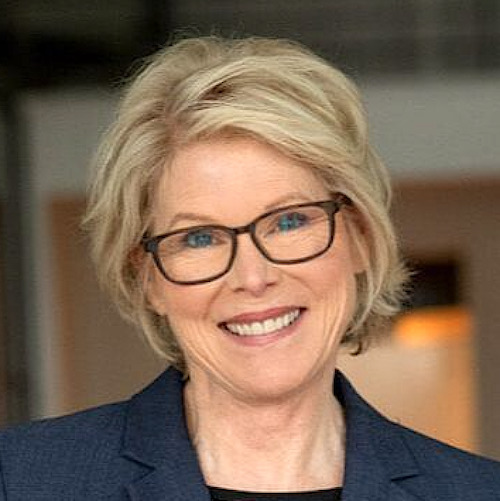
In today’s challenging economic environment, low-cost assisted living communities serving older adults are few and far between.
The waitlist for an independent living apartment at our senior living community, Culpepper Garden, currently is more than two years long. The waitlist for our assisted living wing is even longer.
As we mark National Fair Housing Month, we must recognize the growing number of older Americans without a roof over their heads — millions of them forced to live on very low incomes, unable to afford housing, food and medical care. As it stands, the United States is the only developed economy not to have a dedicated safety net to help at-risk older adults access long-term housing and care.
Most of us are heading for old age, whether we like it or not — it’s something none of us can avoid. Current demographic data suggest that Americans are aging fast: between 2012 and 2022, the number of adults aged 65 or more years grew from 43 to 58 million, and Census projections expect this number to hit 95 million by 2060. It is imperative that our leaders put a solid plan in place now to provide affordable housing options for older Americans in the future.
We know that federal support for rent and assisted living care can be an extremely efficient use of taxpayer dollars. Because Medicaid and Medicare do not cover assisted living care currently, older Americans are forced into nursing care that usually is far more expensive. With some changes to existing policy, we can help more people live longer and healthier lives, prevent poor health outcomes and save the economy millions of dollars.
Older adults make up half of America’s homeless population today and are the fastest-growing age group experiencing homelessness. A Department of Health and Human Services report highlighted the growing prevalence of older Americans experiencing homelessness, and another report from Harvard University found that most older Americans are unable to afford long-term care whether at home or an assisted living community.
Housing instability is a key determinant of unfavorable health outcomes among older adults. When older Americans have access to quality housing, they live longer, healthier lives. Without dedicated measures to subsidize rent and long-term care, low-income older adults remain at risk of falling into homelessness. The distress is especially magnified for older Americans living with disabilities and medical conditions that limit their ability to live independently.
The limited measures we do have in place fall short of saving people at risk of becoming unhoused. As noted in the HHS report, “Eligibility requirements for HUD-funded permanent supportive housing include one year or more of documented chronic homelessness.” When eligibility requires the experience of homelessness, it means that those who are at-risk of becoming unhoused are left without any help at a time marked by extremely high costs of living nationwide.
In just over a decade from now, older Americans will outnumber children in the United States. The consequences of such an intense demographic shift include labor shortages, productivity decline and slower economic growth. But there will be other implications, too: increasing numbers of unhoused people in all of our communities and existing programs will be ill-equipped to handle such an influx of older adults needing help.
So who bears the brunt of the social and economic costs of all of this? All of us. Every American will be affected. This is precisely why we all share the responsibility to support older adults adequately. If we do, our entire country will benefit.
This National Fair Housing Month, our representatives at all levels — local, state and federal — can ensure at-risk older Americans can rely on subsidies to cover rent and assisted living care. The business community can band together to support relief programs. The rest of us can join the fight and advocate for older adults — our parents, grandparents, teachers, nurses, veterans and more – who paved the way for us to flourish.
Marta Hill Gray is the president of Culpepper Garden, a residential community for at-risk older adults in Arlington, VA, offering independent and assisted living options.
The opinions expressed in each McKnight’s Senior Living guest column are those of the author and are not necessarily those of McKnight’s Senior Living.
Have a column idea? See our submission guidelines here.


